Sound Association Phonics Worksheets for Ages 5-9
28 filtered results
-
From - To
Discover our engaging Sound Association Phonics Worksheets designed specifically for children aged 5 to 9! These carefully crafted resources help young learners connect sounds to letters, fostering essential phonemic awareness. Our printable worksheets include a variety of fun activities that promote letter-sound recognition, blending skills, and vocabulary development. With colorful illustrations and interactive exercises, children will easily grasp phonics concepts while enjoying the learning process. Ideal for both classroom and home use, these worksheets cater to diverse learning styles, ensuring every child can thrive. Start your child's phonics journey today and watch their reading and writing skills soar!
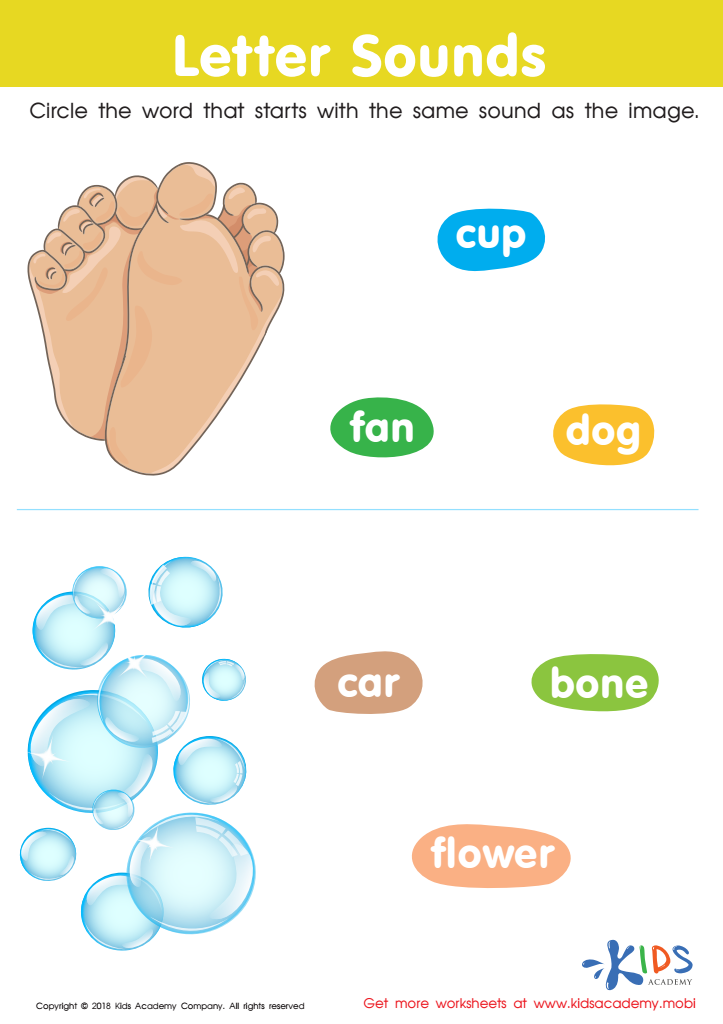

letter sounds Worksheet
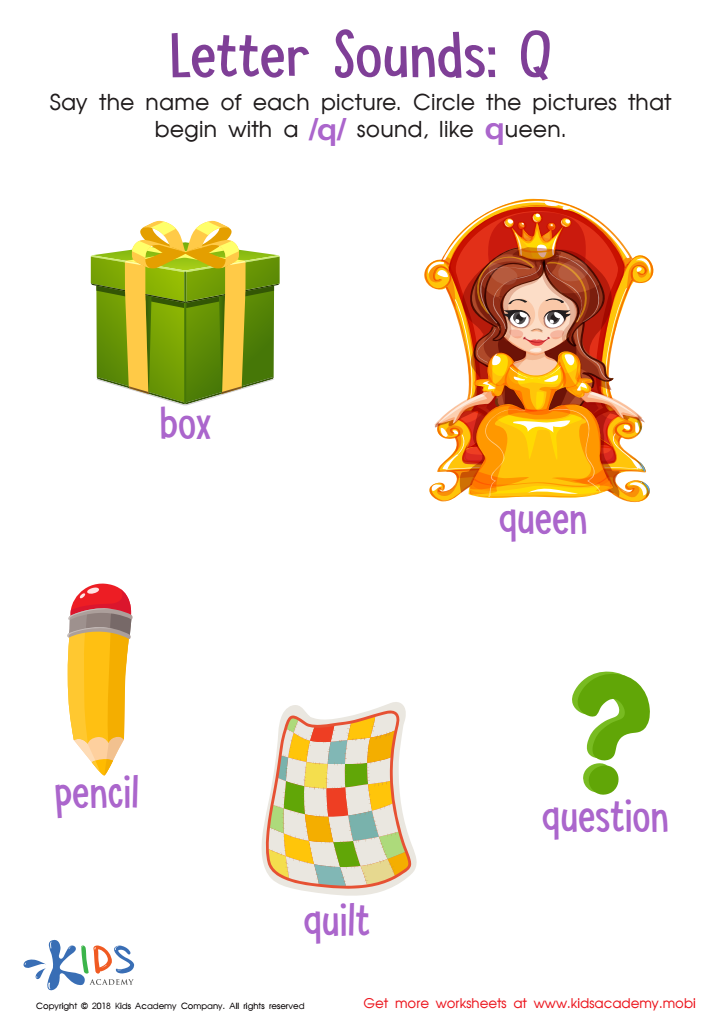

Letter Q Sounds Worksheet
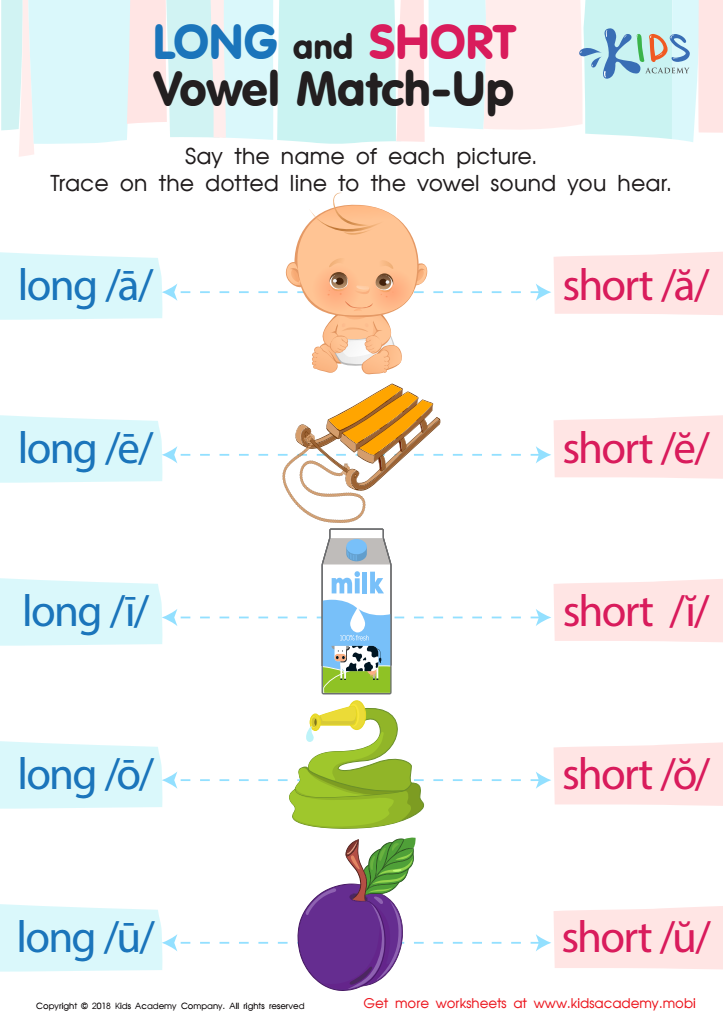

Long and Short Vowel Match up Reading Worksheet
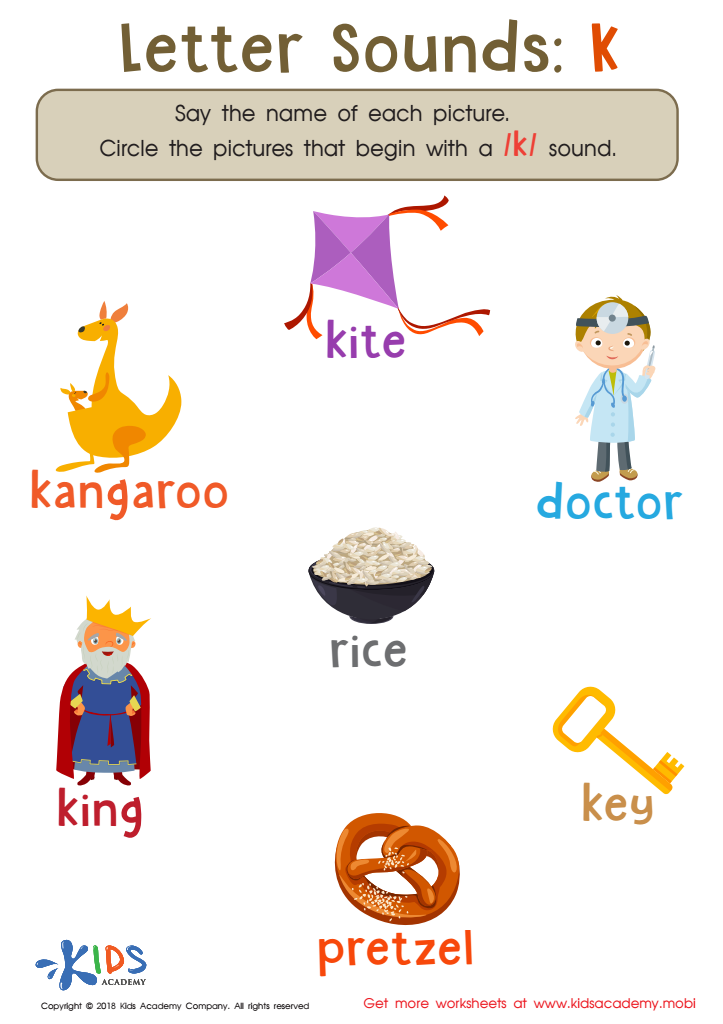

Letter K Sounds Worksheet
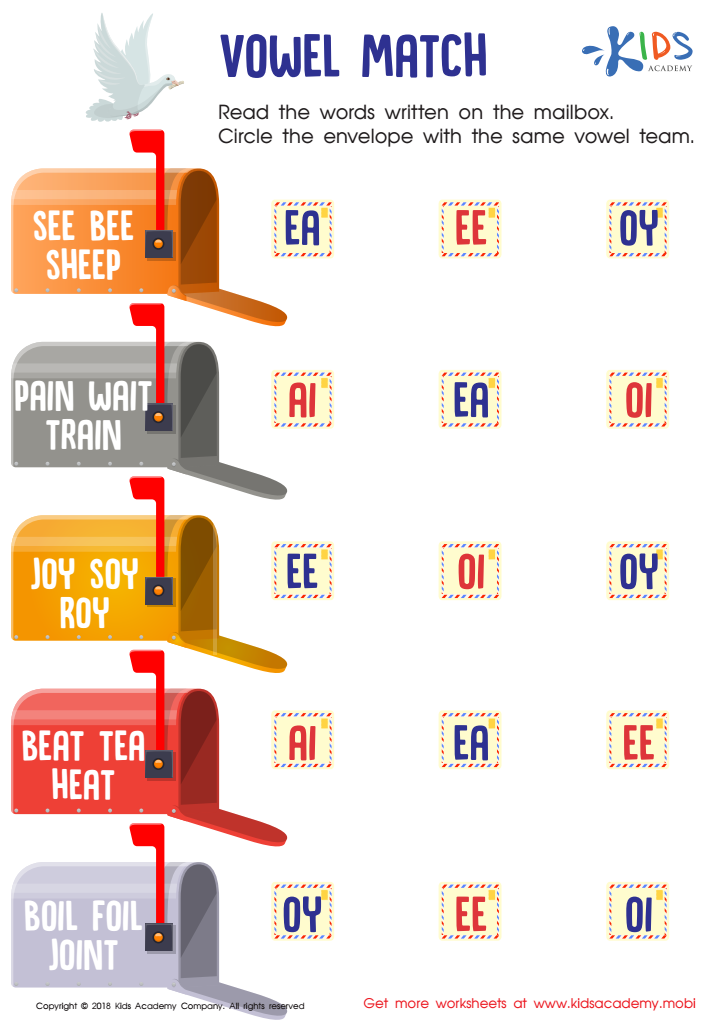

Vowel match Worksheet
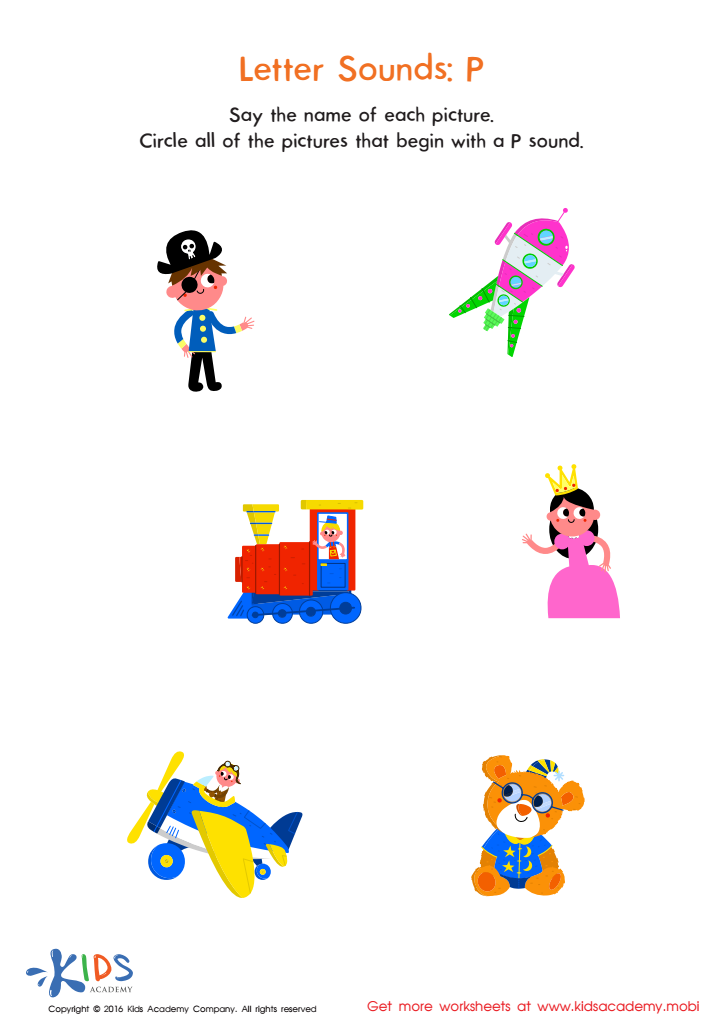

Letter P Sound Worksheet
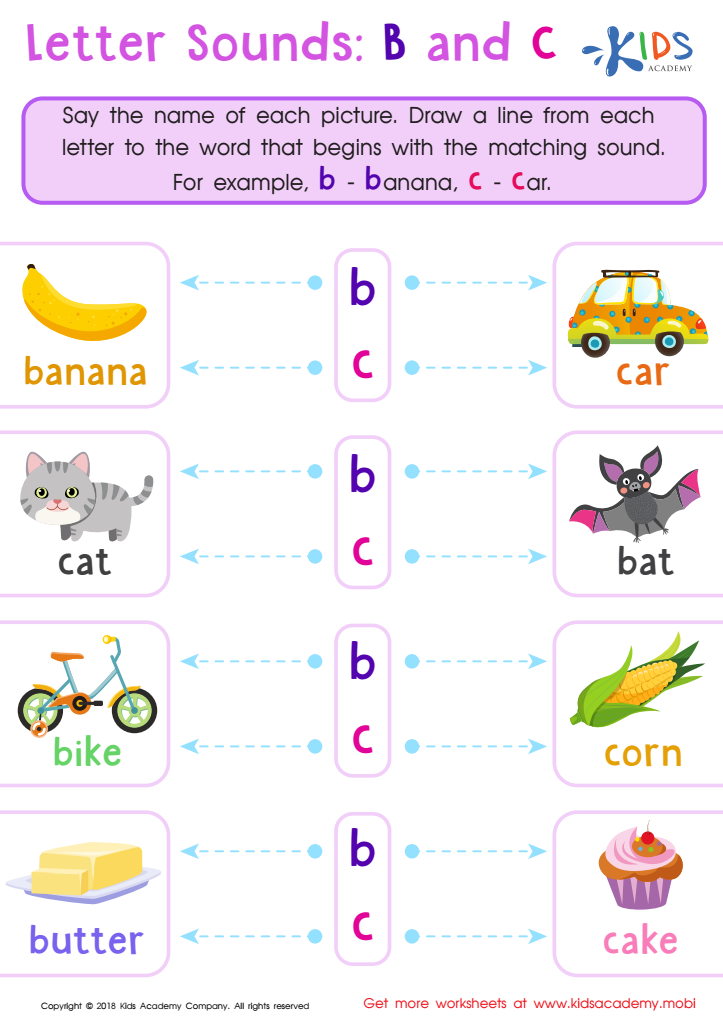

Letter B and C Sounds Worksheet
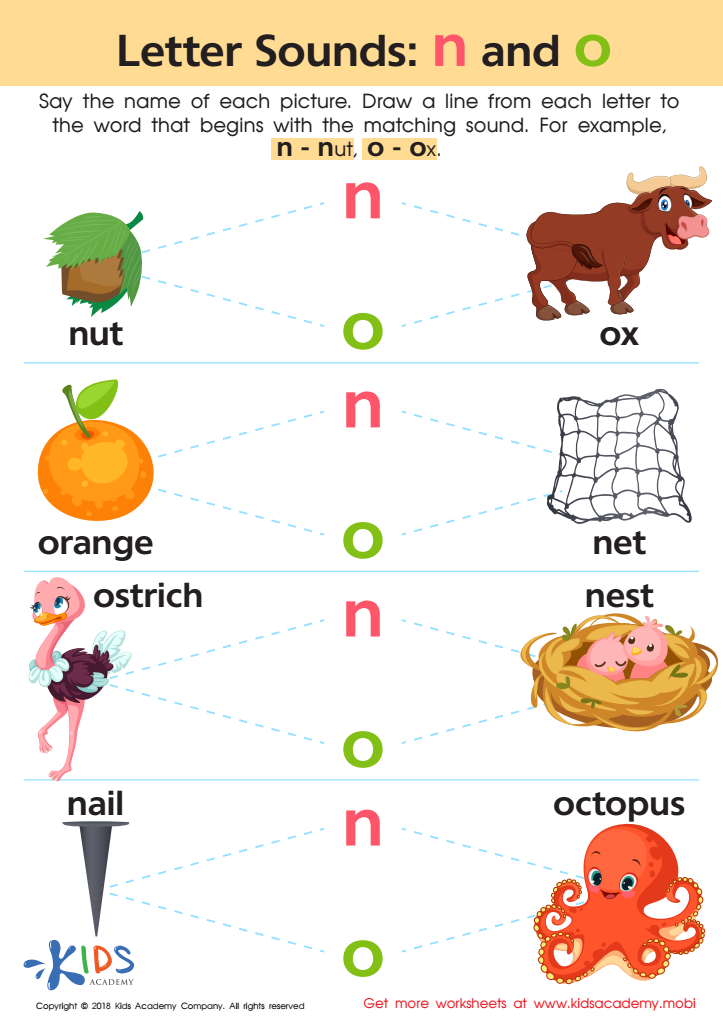

Letter N and O Sounds Worksheet
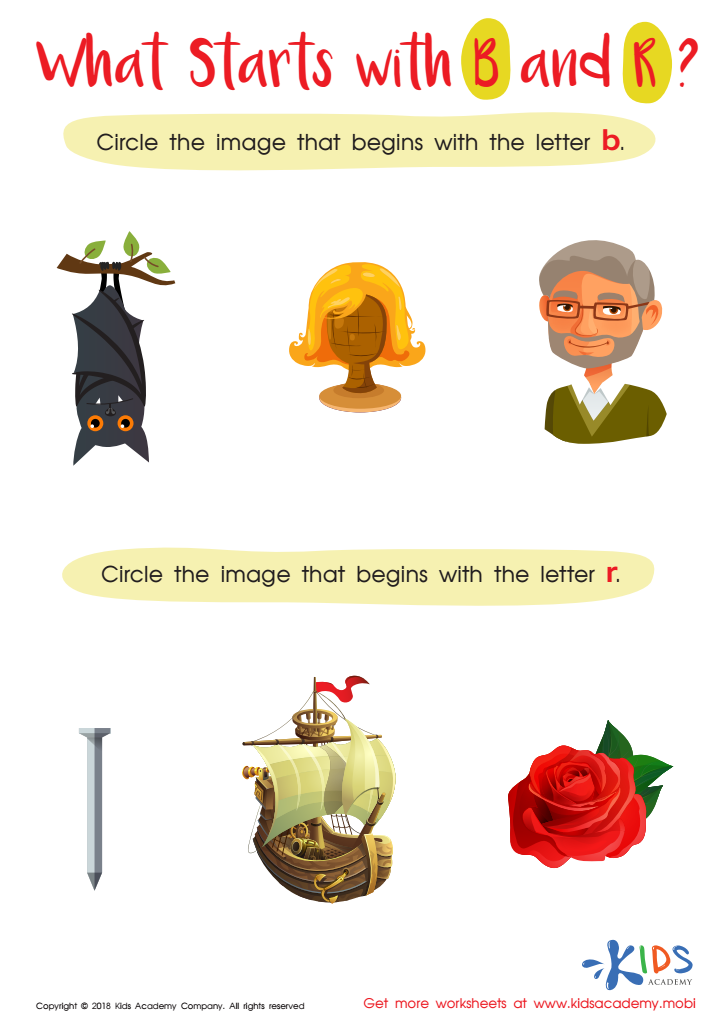

What Starts with B and R? Worksheet
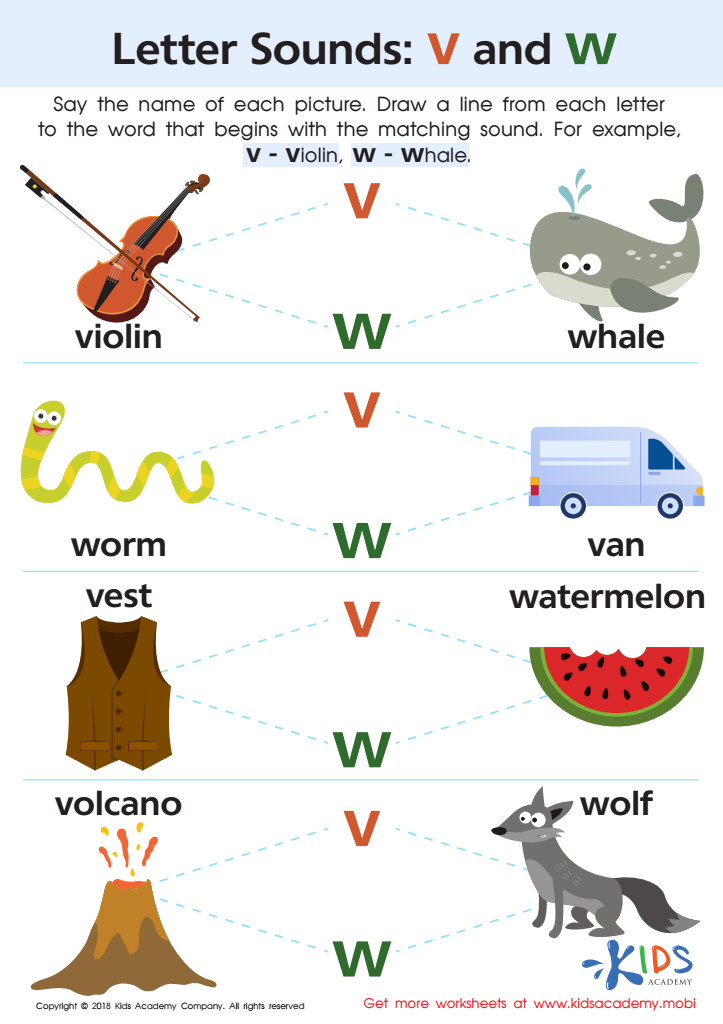

Letter V and W Sounds Worksheet
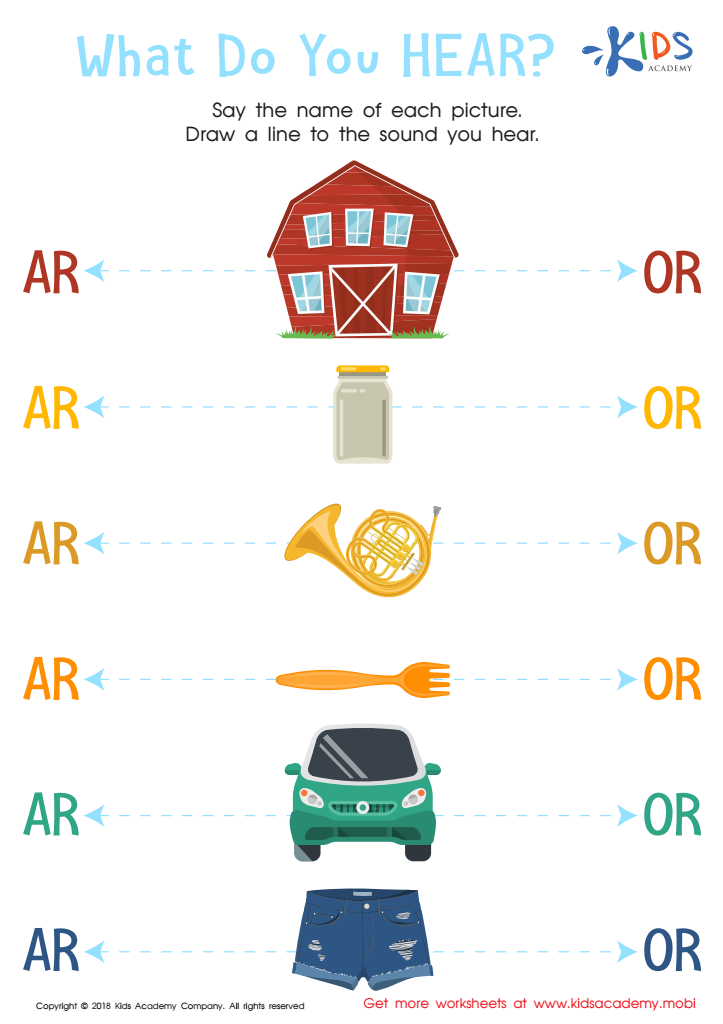

What do you hear Worksheet
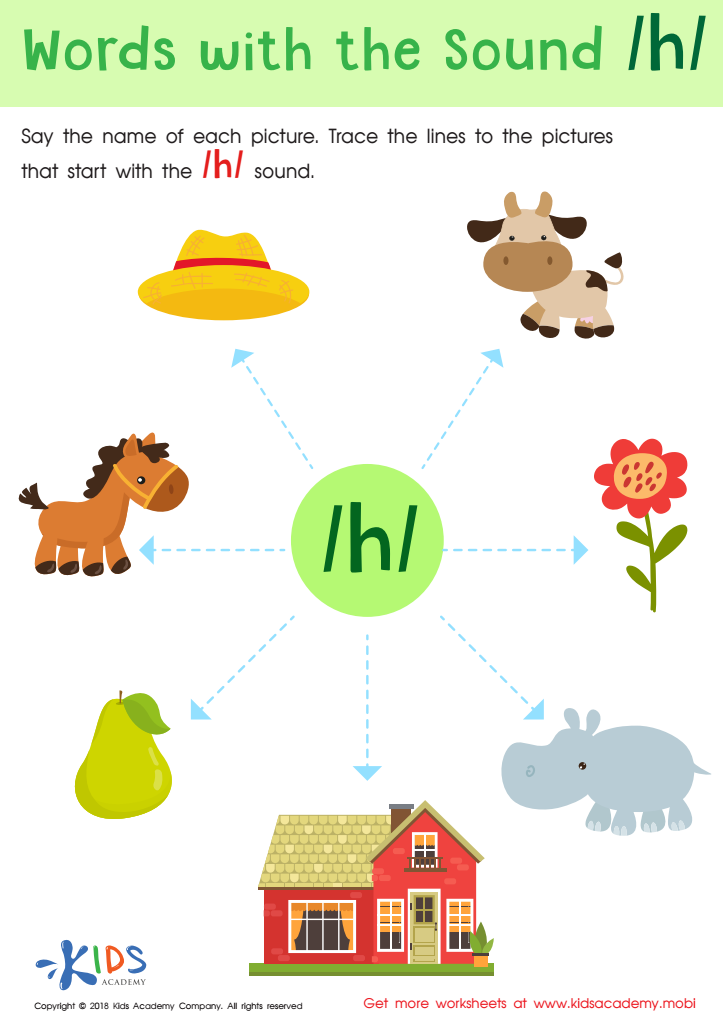

Words with sound h Reading Worksheet
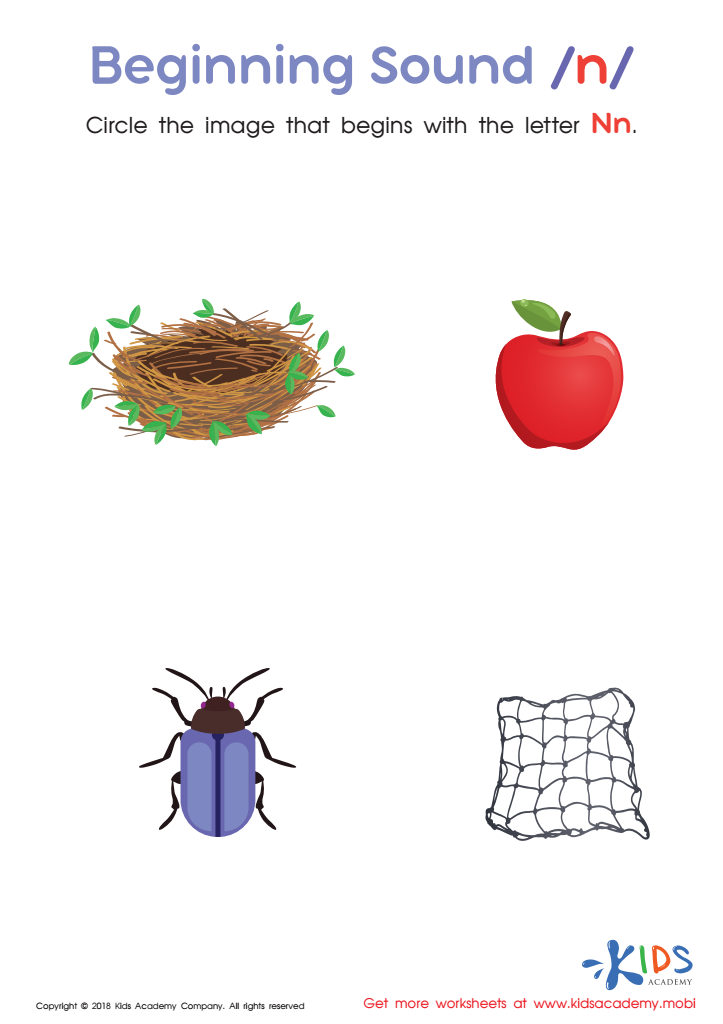

Beginning Sound «n» Worksheet
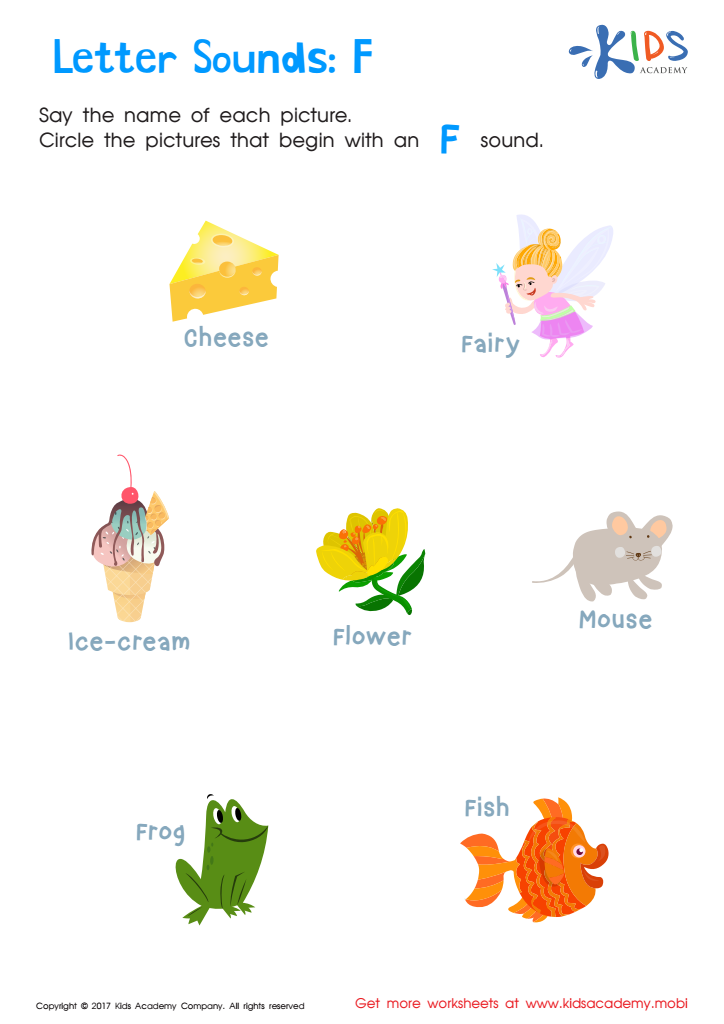

Letter F Sounds Worksheet
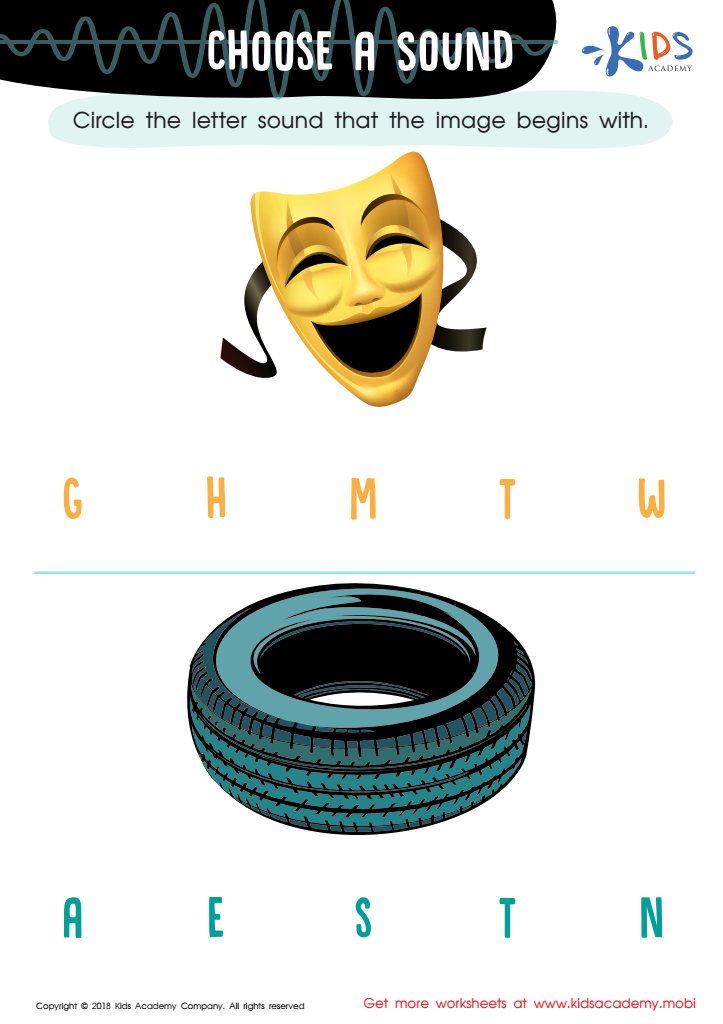

Choose a Sound Worksheet
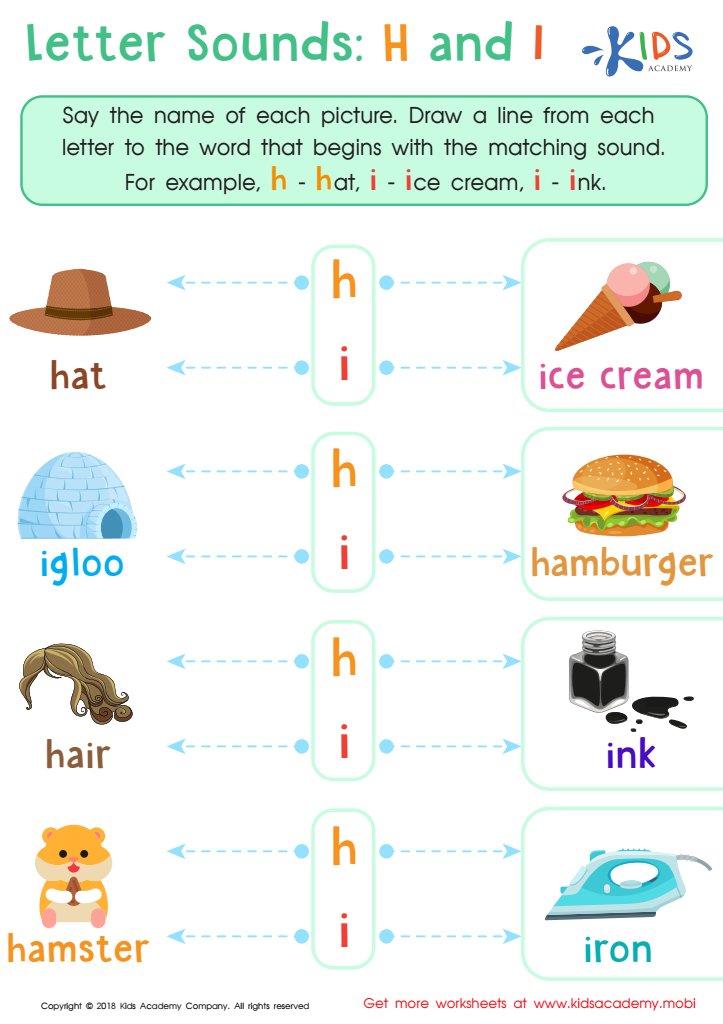

Letter H and I Sounds Worksheet
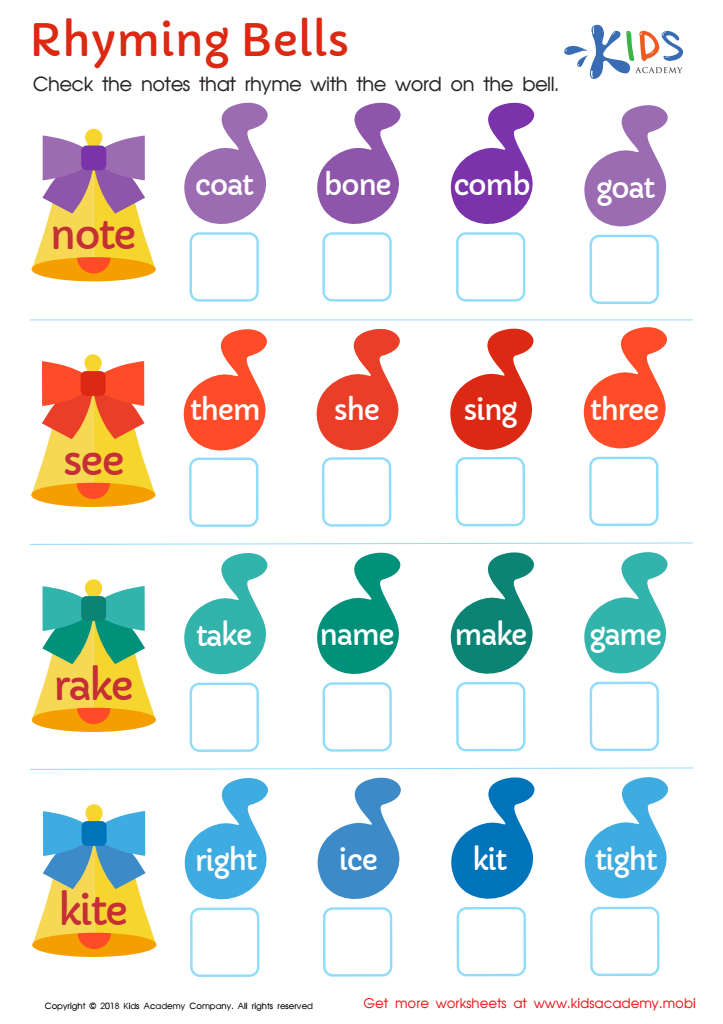

Rhyming Bells Worksheet
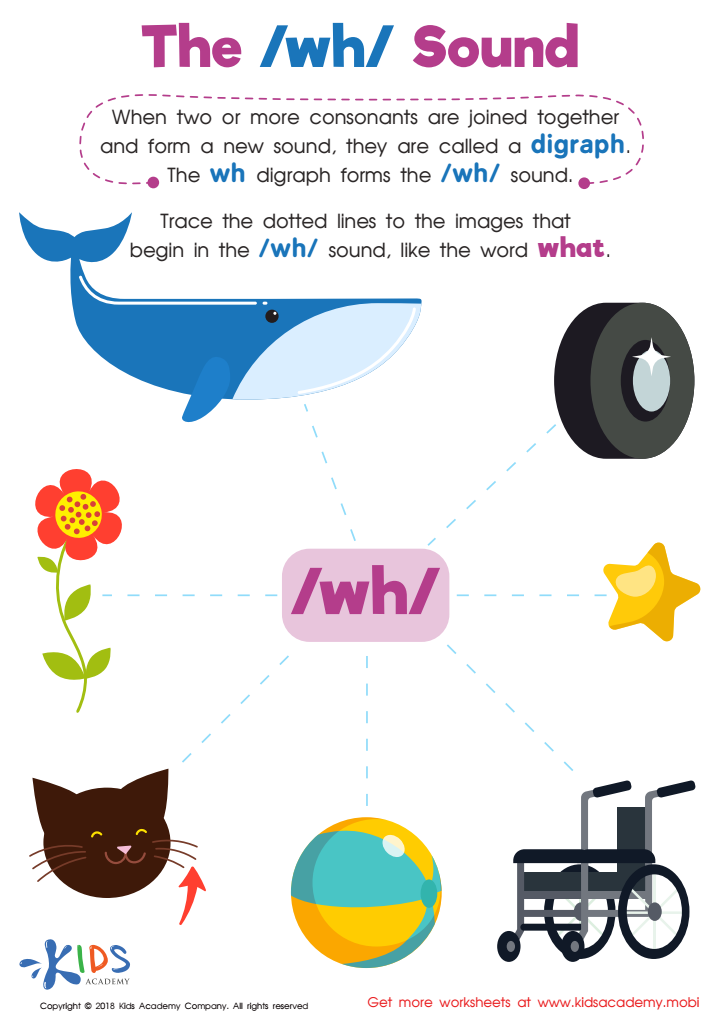

The /wh/ Sound Worksheet
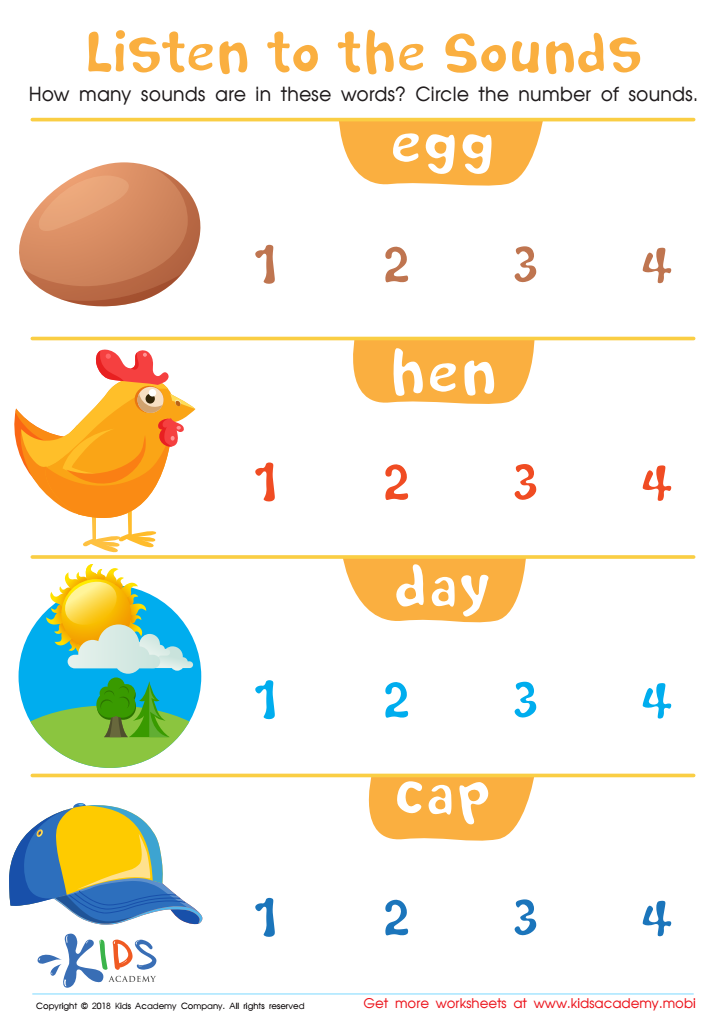

Listen to the Sounds Worksheet
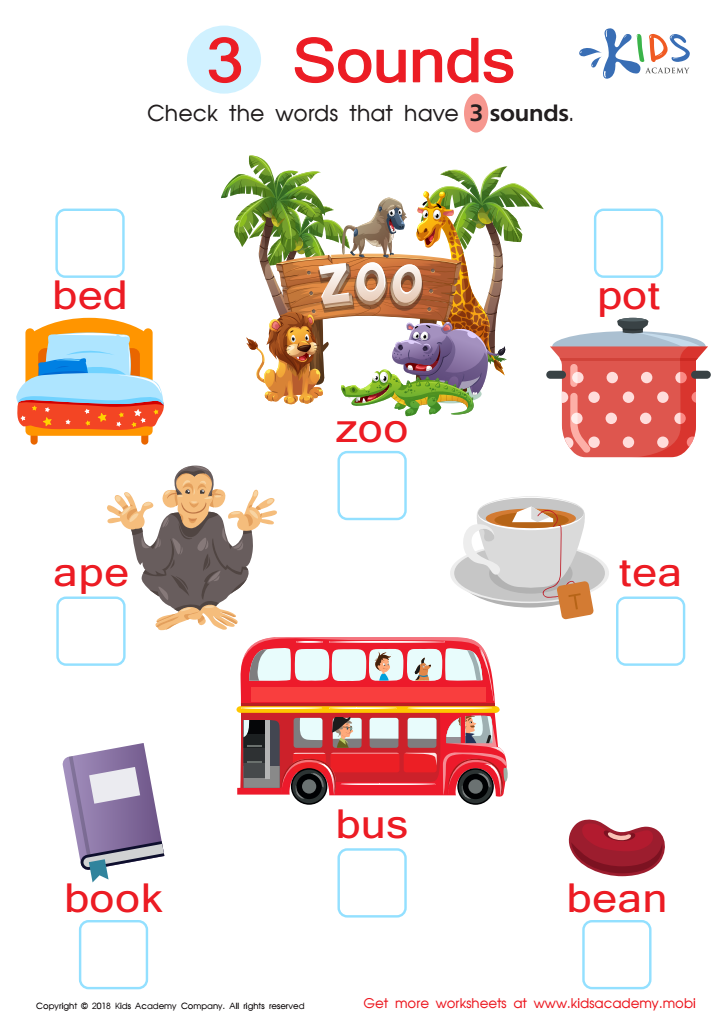

3 Sounds Worksheet
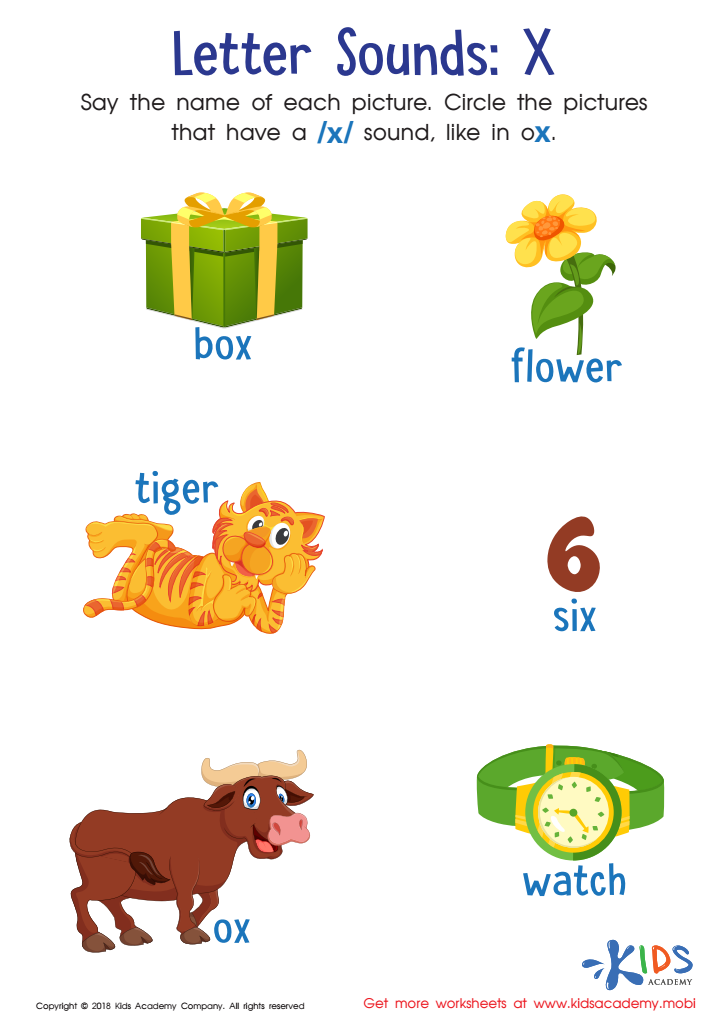

Letter X Sounds Worksheet
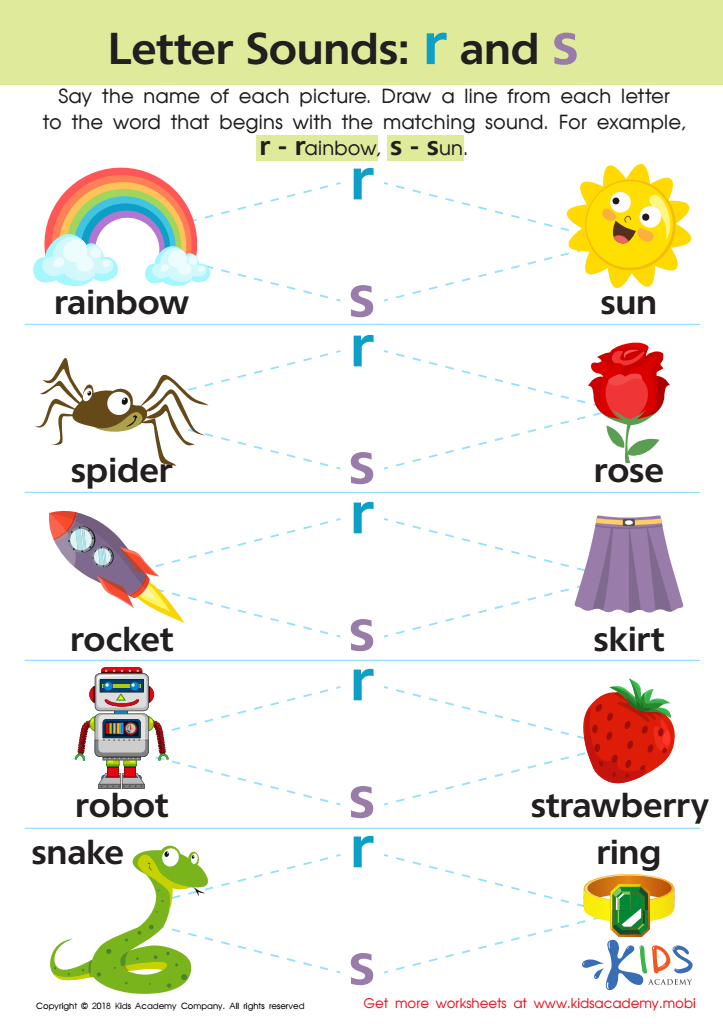

Letter R and S Sounds Worksheet
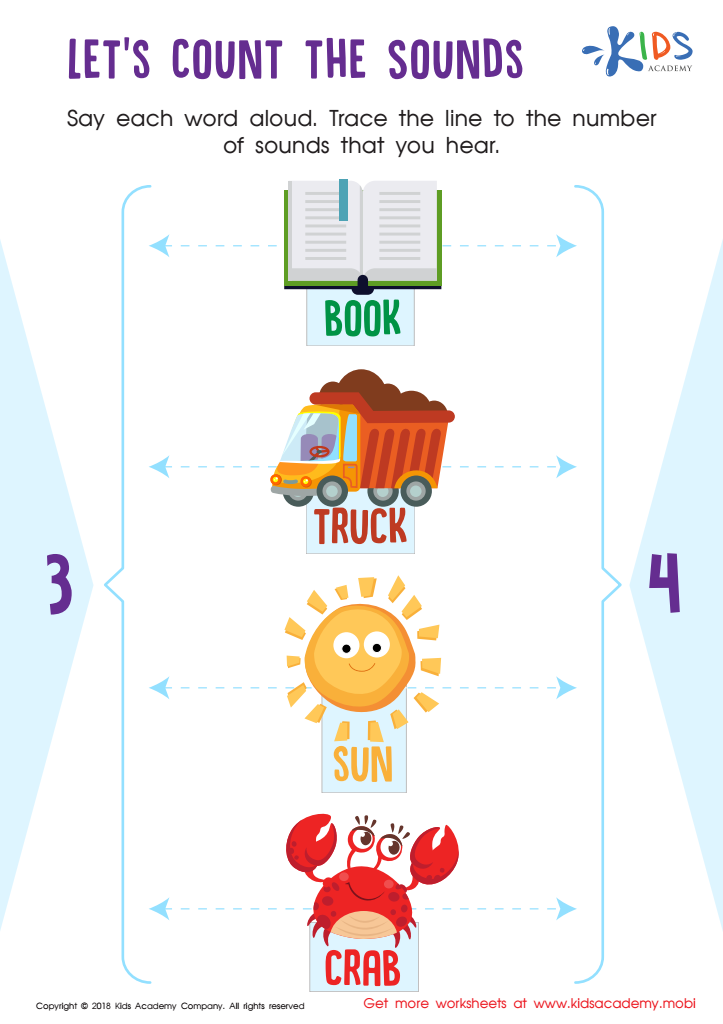

Let's Count the Sounds Worksheet


Words with sound f Reading Worksheet
Sound Association Phonics is a crucial component of early literacy development for children ages 5-9. This educational approach emphasizes the relationship between sounds and letters, helping young learners decode words effectively. Mastering phonics lays the foundation for reading fluency, comprehension, and overall academic success.
Parents and teachers should prioritize Sound Association Phonics because it directly impacts children’s ability to read independently and enjoy literature. By understanding letter-sound relationships, children can tackle unfamiliar words, thus boosting their confidence and motivation to read. Moreover, phonics instruction supports spelling and writing, critical skills necessary for effective communication.
Additionally, when parents and teachers collaborate to emphasize phonics at home and in the classroom, children benefit from a more cohesive learning experience. Engaging children in interactive phonics activities, such as games and songs, can make the learning process fun and memorable.
Ultimately, focusing on Sound Association Phonics not only enhances literacy skills but also fosters a lifelong love for reading. In an increasingly complex world, strong literacy abilities equip children with the tools they need to succeed academically and socially, making it essential that both parents and educators champion phonics-based instruction during these formative years.

 Assign to My Students
Assign to My Students






















